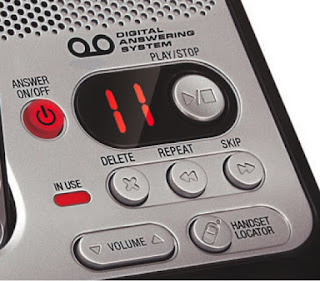Because it’s night now, but not dark, and because I would like to go to bed sooner rather than later and it will still not be be dark, I have found it necessary to invent my own time zone: Standard Chelle Time.
The sun is always just about to crest over the horizon every morning, regardless of what time we wake up. And it takes two hours longer than regular time, the orange spilling recklessly over the streets and trees. These mornings always have enough time for the news and breakfast and a shower. Maybe a little more coffee. A little Joan Didion or some Carole King.
Traffic exists but without the pressure; everyone will be where they need to be at the exact moment they need to be there, and they know it. Everyone waves. Several meetings are scheduled and then, graciously, cancelled. In SCT, we have pockets of free time.
We use this time wisely by going to the park without our phones. Some of us will get high and listen to Bob Dylan, but others stay sober without judgement. We have no time for judgement. The ice cream truck shows up and we all have $3.
We get our work done: we balance income sheets and read HR reports. We change our babies’ diapers and we take out our trash. The sun sets just as our eyes feel tired.
And here, I want to turn to my right. Here, now, I want to turn to the people I have loved, people who I can no longer turn to. In my time zone, they are here. But briefly.
 They are here without whatever pain they endured in their last minutes on this earth. They are free. They sit for just a moment. They are their most beautiful selves, how I always remember them. They have forgiven me, all the words I never said, the anger in the absence. They travel across so many time zones to get here. They can’t stay long.
They are here without whatever pain they endured in their last minutes on this earth. They are free. They sit for just a moment. They are their most beautiful selves, how I always remember them. They have forgiven me, all the words I never said, the anger in the absence. They travel across so many time zones to get here. They can’t stay long.
They want to see us. We are grateful. We pour lemonade over ice for them. Today, the ice never melts.


























